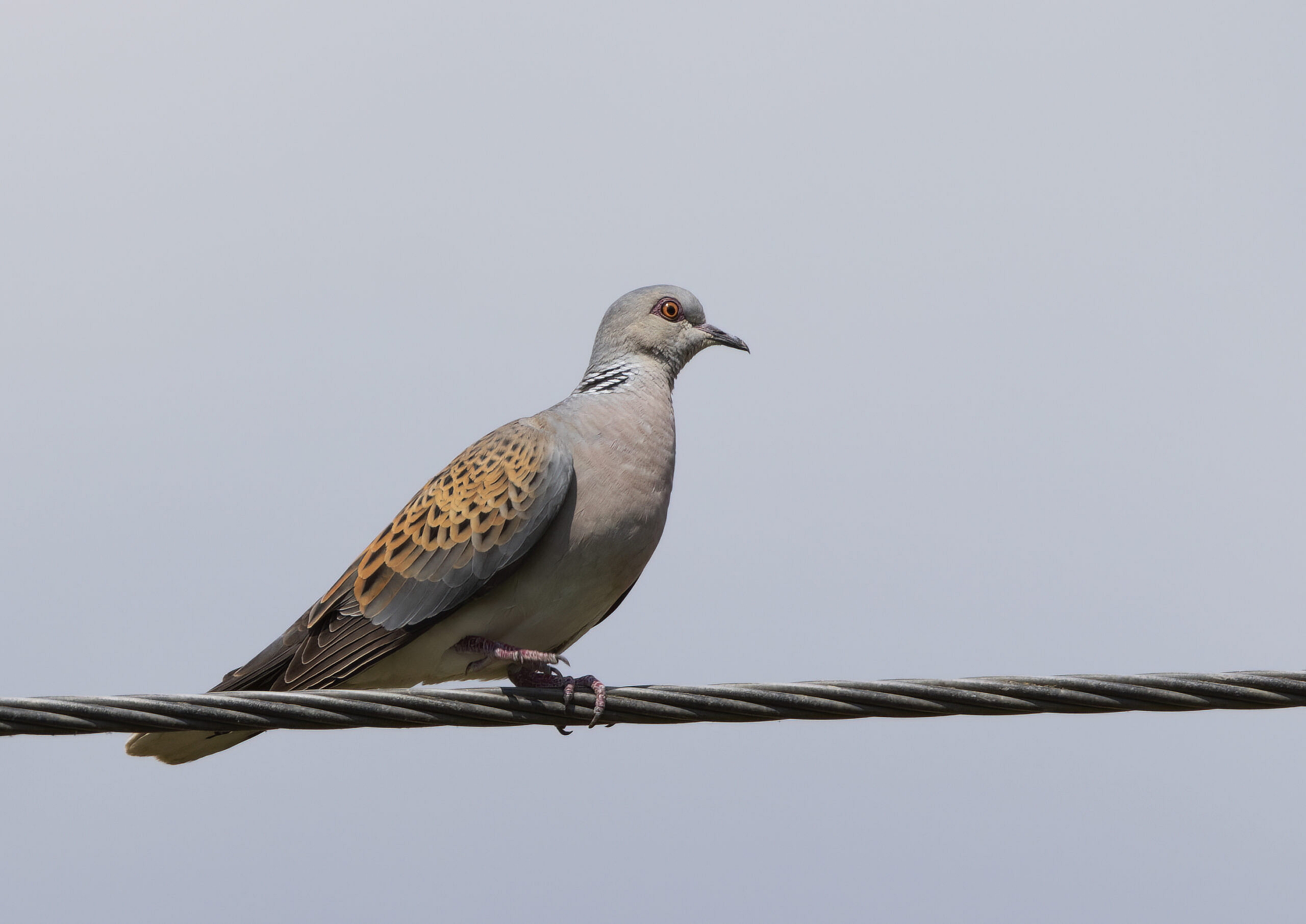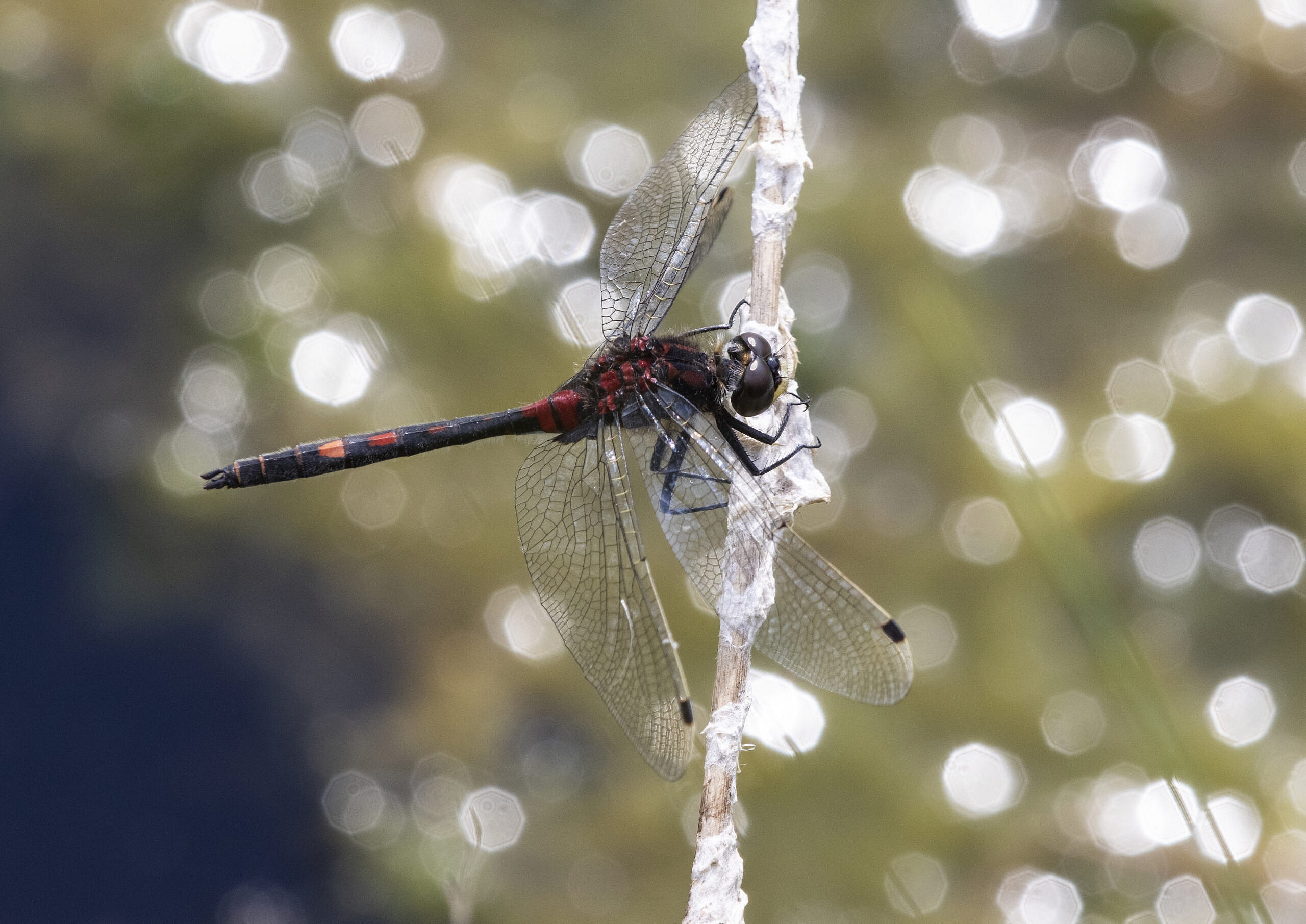The news that the U.K. Government has designated three areas off Britain’s coast as “Highly Protected Marine Areas (HPMAs)” is to be warmly welcomed. HPMA designation is similar to national park designation. It bans fishing in these areas, and activities that damage the seabed, like trawling and cable-laying. It’s a significant step in ensuring the future of fish stocks, and protecting the vital biodiversity of our inshore seas.
The UK Government also recently became one of the signatories to the UN’s “High Seas treaty”, a powerful step forward in protecting the vast areas of ocean that sit outside the U.K.’s territorial waters and so are owned by no one. You can read about the treaty here, under its snappy and official title of the ‘Intergovernmental Conference on an international legally binding instrument under the United Nations Convention on the Law of the Sea on the conservation and sustainable use of marine biological diversity of areas beyond national jurisdiction (General Assembly resolution 72/249)‘. (Yes, I think ‘High Seas Treaty’ was a good idea, too). This helps to safeguard the vast areas of our oceans from exploitation and damage.

A few months ago the Government also enacted a ban on the sale of peat-based products in shops and garden centres. I blogged about it here: Peat extraction – far too little and far too late. At face value, it’s a significant step forward in protecting our marshes and bogs and the carbon that’s stored away in them.
So is this a sign of a breakthrough? Is the U.K. Government finally understanding the risk to all of us from the UK’s ongoing biodiversity collapse? Make no mistake, this is real progress, and I don’t want to appear churlish. A lot of very hard work has gone into getting these new protections – the High Seas Treaty alone took more than 20 years of negotiations to reach its current state, and those involved deserve our thanks and admiration. But as always, peel back the headlines and there’s troubling detail underneath.
The peat ban did nothing to stop the commercial sale of peat, or its export, meaning that producers will just switch markets and keep on doing what they were doing. There were originally five pilot areas in the highly protected marine area programme. The Government abandoned two of them for ‘socio-economic reasons’, despite the Government’s official report on whether HPMAs were needed (the ‘Benyon review into Highly Protected Marine Areas‘) saying (my bolding):
Government should identify sites for HPMA designation using the
principles of ecological importance; naturalness, sensitivity and
potential to recover, and ecosystem services. Social and economic
principles are a secondary filter.
And then there is the small matter of lead shot. On 15th February 2023, all the nations of the EU, along with Norway, Iceland and Lichenstein, banned the use of lead shot in wetlands. The problem with lead shot is that it is highly toxic – that’s why its use in water pipes has been banned for more than 50 years. The small grains of lead shot that don’t hit the target are mistaken as grain by wetland birds, and ingested. And then, in a cascade reminiscent of the DDT scandal of the 1960s, those birds get eaten and pass the lead up the food chain, including at times into humans. It’s estimated that in the U.K. 100,000 birds die from ingestion of lead shot. Across the EU it was thought to be a million.

Now the U.K. is considering a total ban on the use of lead shot. That would put it one up on the EU, although they are also looking at a further ban away from wetlands. In 2020, the British Association of Shooting and Conservation announced that it wanted to phase the use of lead out by 2025, and asked its members to change. The following year, a study by the University of Cambridge found that the use of lead shot had increased, albeit very slightly. And following furious lobbying by the field sports industry, the Government has now decided that it wants more time to consider its own ban, and has now pushed its report on the phasing out of lead shot back to 2024.
There is a pattern here, of half-hearted and incomplete measures; of reports and consultation and voluntary bans that don’t work – in other words, of prevarication and indecisiveness, of fiddling while Rome burns. So let’s hope that once the headline-grabbing photo ops are over, Governments including ours ratify the High Seas Treaty and deliver meaningfully on its stipulations. And let’s hope that, whatever stripe of Government is returned at the next election, it acts with the urgency that Britain’s rapidly-vanishing biodiversity needs.





Social Profiles